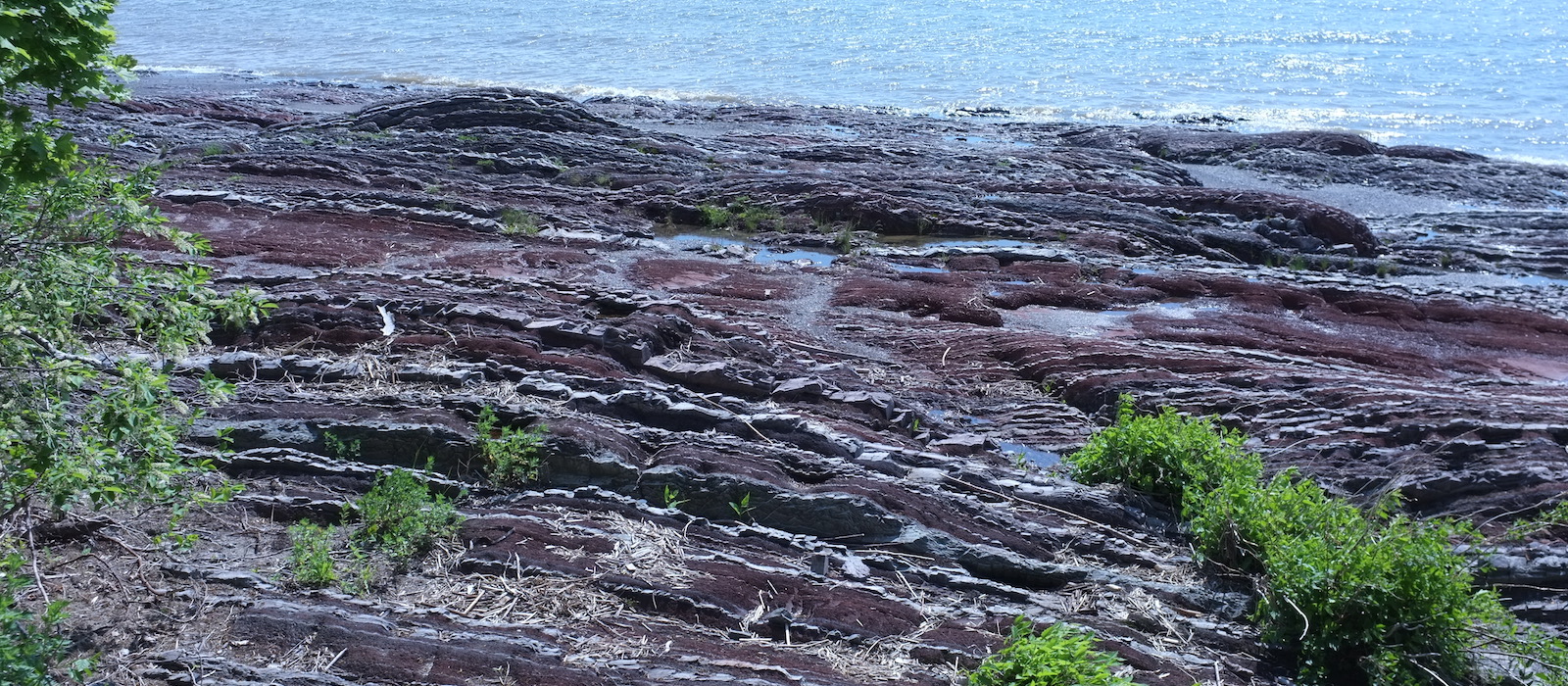The “Teaching and Learning about Climate Action in the Heritage Sector and Beyond” event took place online on Saturday, October 14, 2023 (9:00-11:30 MDT / 17:00-19:30 GMT).
A recording of the event is now available
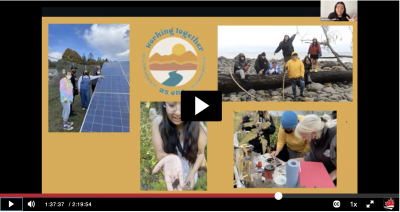
Detailed agenda for Oct.14, 2023.
Download the Summary of JT-HECA_Survey.
_______________________________________________
Event announcement
Join us to learn about innovative and creative ways of Teaching and Learning about Climate Action, including sessions on “What is happening in the Heritage Sector? ” and “Learning from outside the Heritage Sector.”
Our esteemed speakers will discuss formal and informal teaching and learning models, using examples from educational, training, and awareness raising programs. They will share insights and experiences while focusing on the following questions:
- Teaching approaches and methodologies: what are good examples?
- Communication strategies: how to get the message across?
- Interdisciplinarity: how to broaden its scope in classrooms and/or outside of formal education?
Meet us online to hear about the outcomes of our recent Survey on programs, courses, and/or training opportunities in and related to the field of heritage conservation and management, specifically in relation to climate change adaptation, mitigation, and planning.
MEET THE SPEAKERS
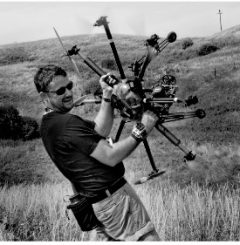 Dave Blaine is a GIS Analyst at the Northern Alberta Institute of Technology. He earned a BA in Archaeology from the University of Calgary in 2002, a Bachelor of Applied Technology in Geographic Information Systems from the Southern Alberta Institute of Technology in 2016, as well as certificates in photography and remotely piloted aircraft systems. He is currently working on his MA in Interdisciplinary Studies with a dual focus in Writing and New Media, and Heritage and Social History from Athabasca University.
Dave Blaine is a GIS Analyst at the Northern Alberta Institute of Technology. He earned a BA in Archaeology from the University of Calgary in 2002, a Bachelor of Applied Technology in Geographic Information Systems from the Southern Alberta Institute of Technology in 2016, as well as certificates in photography and remotely piloted aircraft systems. He is currently working on his MA in Interdisciplinary Studies with a dual focus in Writing and New Media, and Heritage and Social History from Athabasca University.
Dave specializes in visual storytelling, using photographs, videos, and maps, and has worked in a variety of fields including emergency management, wildlife conservation, heritage, and archaeology. Throughout his career, he has combined his passions for communication, graphic design, research, and analytics in order to visualize complex subjects in accessible and informative ways.
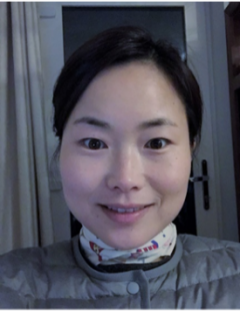 Dr. YoungHwa Cha is Postdoctoral Research Associate in Climate Change Adaptation at the University of Edinburgh. She is an expert in climate change adaptation policy, climate risk and collaborative vulnerability modelling. Her research focuses on interfacing between research, policy and practice embedded in interdisciplinary approaches, working with international, national and local institutions (UNEP, Historic Environment Scotland, Edinburgh city council, government ministries and local authorities in South Korea) and communicating with a broader range of different stakeholders. In addition, she has research experience through working at Edinburgh Climate Change Institute (ECCI) and the Korean Adaptation Centre for Climate Change (KACCC) in the Korean Environment Institute (KEI).
Dr. YoungHwa Cha is Postdoctoral Research Associate in Climate Change Adaptation at the University of Edinburgh. She is an expert in climate change adaptation policy, climate risk and collaborative vulnerability modelling. Her research focuses on interfacing between research, policy and practice embedded in interdisciplinary approaches, working with international, national and local institutions (UNEP, Historic Environment Scotland, Edinburgh city council, government ministries and local authorities in South Korea) and communicating with a broader range of different stakeholders. In addition, she has research experience through working at Edinburgh Climate Change Institute (ECCI) and the Korean Adaptation Centre for Climate Change (KACCC) in the Korean Environment Institute (KEI).
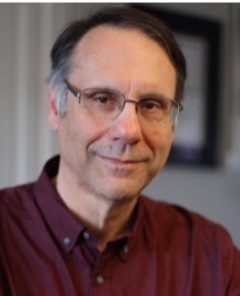 Dr. Stewart J. Cohen is an author and educator on climate change. He studied geography at university, obtaining degrees from McGill University, the University of Alberta, and the University of Illinois. He has retired from a 35-year research career at Environment and Climate Change Canada (formerly Environment Canada), where he participated in regional climate change impacts and adaptation studies. Dr. Cohen also contributed to assessments of available literature in Canada, the United States, and worldwide as part of assessments conducted by the Intergovernmental Panel on Climate Change (IPCC), including the IPCC 3rd, 4th, and 5th Assessment Reports. He taught a course on climate change, “Climate Change in the 21st Century”, at the University of British Columbia from 1998 – 2012. He is currently teaching climate change adaptation at Royal Roads University, and also writes posts on his blog, www.doctorclimatechange.com.
Dr. Stewart J. Cohen is an author and educator on climate change. He studied geography at university, obtaining degrees from McGill University, the University of Alberta, and the University of Illinois. He has retired from a 35-year research career at Environment and Climate Change Canada (formerly Environment Canada), where he participated in regional climate change impacts and adaptation studies. Dr. Cohen also contributed to assessments of available literature in Canada, the United States, and worldwide as part of assessments conducted by the Intergovernmental Panel on Climate Change (IPCC), including the IPCC 3rd, 4th, and 5th Assessment Reports. He taught a course on climate change, “Climate Change in the 21st Century”, at the University of British Columbia from 1998 – 2012. He is currently teaching climate change adaptation at Royal Roads University, and also writes posts on his blog, www.doctorclimatechange.com.
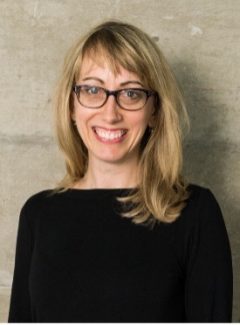 Dr. Claudine Déom is a professor at the School of Architecture where she teaches the conservation of built heritage at the three cycles of studies. Her research focuses on the links between cultural heritage conservation and the sustainable development goals. She is also interested in the history of the construction of architecture in Quebec in order to promote ad facilitate the reuse of existing buildings, especially those that have a heritage interest. She works with heritage conservation organizations including Heritage Montreal, the Association for Critical Heritage Studies and ICOMOS. She sits on the Table des partenaires of the Québec Minister of Culture and Communications. Claudine Déom is also a researcher at the Laboratoire d’histoire et de patrimoine de Montréal and the Centre for Interdisciplinary Research on Montréal (CIRM).
Dr. Claudine Déom is a professor at the School of Architecture where she teaches the conservation of built heritage at the three cycles of studies. Her research focuses on the links between cultural heritage conservation and the sustainable development goals. She is also interested in the history of the construction of architecture in Quebec in order to promote ad facilitate the reuse of existing buildings, especially those that have a heritage interest. She works with heritage conservation organizations including Heritage Montreal, the Association for Critical Heritage Studies and ICOMOS. She sits on the Table des partenaires of the Québec Minister of Culture and Communications. Claudine Déom is also a researcher at the Laboratoire d’histoire et de patrimoine de Montréal and the Centre for Interdisciplinary Research on Montréal (CIRM).
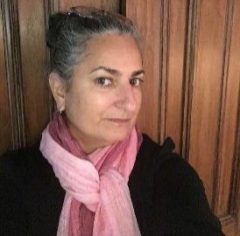 Mary Lou Doyle has worked in the cultural field for over 20 years. Mary Lou was appointed Parks Canada’s Director of Cultural Heritage Conservation and Field Unit Liaison in 2022. She is leading Parks Canada’s team responsible for providing Parks Canada administered sites and other federal custodians with expertise in the management of cultural resources, federal heritage buildings and the conservation of built heritage. In addition, Mary Lou led the evolution of the National Cost-Sharing Program for Heritage Places and the Directory of Federal Heritage Designations to orient these programs to better serve Canadians.
Mary Lou Doyle has worked in the cultural field for over 20 years. Mary Lou was appointed Parks Canada’s Director of Cultural Heritage Conservation and Field Unit Liaison in 2022. She is leading Parks Canada’s team responsible for providing Parks Canada administered sites and other federal custodians with expertise in the management of cultural resources, federal heritage buildings and the conservation of built heritage. In addition, Mary Lou led the evolution of the National Cost-Sharing Program for Heritage Places and the Directory of Federal Heritage Designations to orient these programs to better serve Canadians.
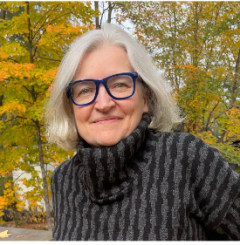 Professor Susan Ross is a licensed architect in Quebec, who has practiced in the private sector and government in Montreal, Berlin and Gatineau (Quebec), and now teaches full time at Carleton University in Ottawa, where she is cross appointed between the Schools of Indigenous and Canadian Studies and Architecture and Urbanism. She is Carleton’s lead with the Climate Heritage Network, and together with other Canadian academic members of the Network, co-organized the ICOMOS University Forum on Heritage Education for Climate Adaptation in June 2022. Susan is co-chair of Canada’s National Roundtable for Heritage Education, former co-chair of the Association for Preservation Technology (APT)’s Technical Committee on Sustainable Preservation, and a Fellow of APT. Her research and publications focus on the sustainable conservation of modern and industrial landscapes, buildings, and materials, including adapting historic water works infrastructure for climate change.
Professor Susan Ross is a licensed architect in Quebec, who has practiced in the private sector and government in Montreal, Berlin and Gatineau (Quebec), and now teaches full time at Carleton University in Ottawa, where she is cross appointed between the Schools of Indigenous and Canadian Studies and Architecture and Urbanism. She is Carleton’s lead with the Climate Heritage Network, and together with other Canadian academic members of the Network, co-organized the ICOMOS University Forum on Heritage Education for Climate Adaptation in June 2022. Susan is co-chair of Canada’s National Roundtable for Heritage Education, former co-chair of the Association for Preservation Technology (APT)’s Technical Committee on Sustainable Preservation, and a Fellow of APT. Her research and publications focus on the sustainable conservation of modern and industrial landscapes, buildings, and materials, including adapting historic water works infrastructure for climate change.
 Skw’akw’as/Sunshine Lillian (She/Her) is a Nlakapamux and Yakama youth from Tlekemstin, also known as Lytton in British Columbia. Skw’akw’as has been a climate advocate and activist since high school. She studied Media & Communications at university and is passionate about how the media discusses the climate crisis, explicitly moving away from the unnecessary doomism in climate communication. Skw’akw’as is a Community Climate Justice Coordinator with VIDEA for her community Tlekemstin. A member of the Youth Advisory Group with the Canadian Commission of UNESCO, member and co-chair of the Environment and Climate Change Youth Council, and a Board Member for Youth Climate Lab. Skw’akw’as strives to inspire BIPOC youth to take up space within colonial structures and to make the folxs in power just as uncomfortable as they make us. Continue to call for the decolonization of how we write, teach, and think about policy. To hold and create safe spaces for youth who are having big climate feelings and normalize crying within climate spaces. Skw’akw’as loves Taylor Swift and frequently listens to ‘You’re on your own kid’ in colonial spaces.
Skw’akw’as/Sunshine Lillian (She/Her) is a Nlakapamux and Yakama youth from Tlekemstin, also known as Lytton in British Columbia. Skw’akw’as has been a climate advocate and activist since high school. She studied Media & Communications at university and is passionate about how the media discusses the climate crisis, explicitly moving away from the unnecessary doomism in climate communication. Skw’akw’as is a Community Climate Justice Coordinator with VIDEA for her community Tlekemstin. A member of the Youth Advisory Group with the Canadian Commission of UNESCO, member and co-chair of the Environment and Climate Change Youth Council, and a Board Member for Youth Climate Lab. Skw’akw’as strives to inspire BIPOC youth to take up space within colonial structures and to make the folxs in power just as uncomfortable as they make us. Continue to call for the decolonization of how we write, teach, and think about policy. To hold and create safe spaces for youth who are having big climate feelings and normalize crying within climate spaces. Skw’akw’as loves Taylor Swift and frequently listens to ‘You’re on your own kid’ in colonial spaces.
